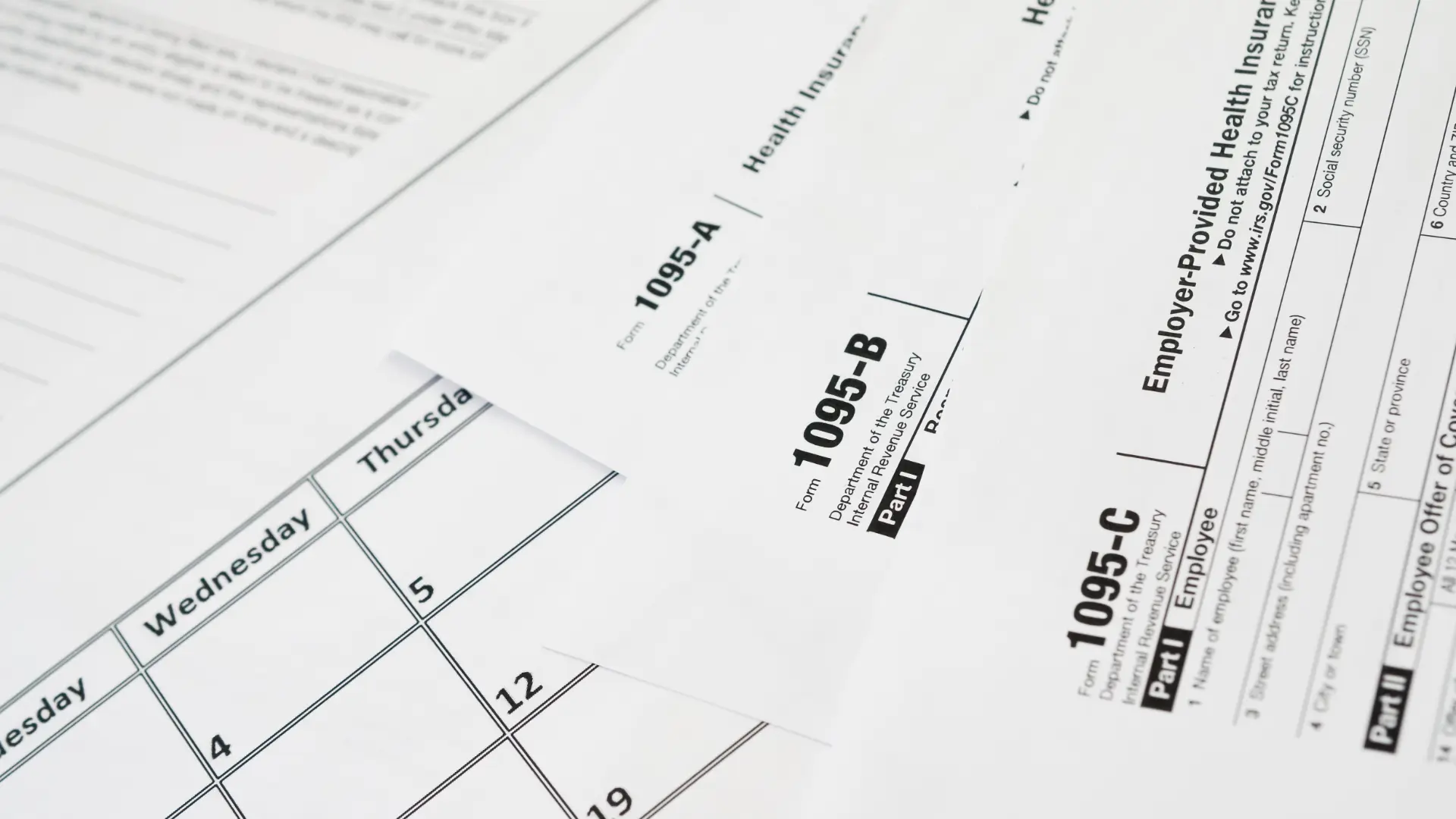In navigating the tax terrain, understanding the specifics of diverse tax forms is crucial. One such document that raises plenty of questions is the 1095-C form.

1095-C form is an annual statement that employers with 50 or more full-time employees must provide to their staff and to the IRS. This form is integral to the functioning of the Employer Shared Responsibility Provision in the Affordable Care Act and it documents the employee's access to health insurance coverage. The form, issued to you by your employer, details the health coverage they offered you during the tax year.
Under the Affordable Care Act, employers with a workforce of fifty or more full-time employees are required to report offered health insurance coverage data to the IRS. This reporting is facilitated through the 1095-C form, which essentially verifies the availability and quality of health insurance provided by employers to their staff.
The IRS 1095-C form plays a fundamental role in enforcing guidelines stipulated by the Affordable Care Act. Firstly, it helps the IRS to verify whether employers have complied with the law by offering standard health coverage. Secondly, it aids in determining if employees are eligible for premium tax credits if they bought health insurance from the marketplace.
The form is a keyplayer in deciding the employees' eligibility for premium tax credits. If an employer doesn't offer affordable health coverage and at least one of the full-time employees receives a premium tax credit, the employer might need to make a shared responsibility payment to the IRS.
Many people wonder, 'Do I need a 1095 form to file my taxes?' In general, taxpayers are not required to submit Form 1095-C when filing their taxes. However, it is crucial to keep it for your records as it provides evidence that you and your family members had necessary health coverage.
The main challenge with the 1095 C IRS form lies in its intricate interplay with other aspects of your tax; it can influence your eligibility for certain tax credits. For example, if you bought a health coverage plan from the Health Insurance Marketplace because adequate coverage wasn’t offered by your employer, you might qualify for the Premium Tax Credit.
With your employer providing the essential 1095-C form, the IRS gains insight into the health coverage offered to you. Though it does not need to be submitted alongside your tax returns, its importance cannot be overstated as it is influential in the general evaluation of your tax credits and obligations. The more you understand about the IRS form 1095-C, the smoother your tax season is bound to be.